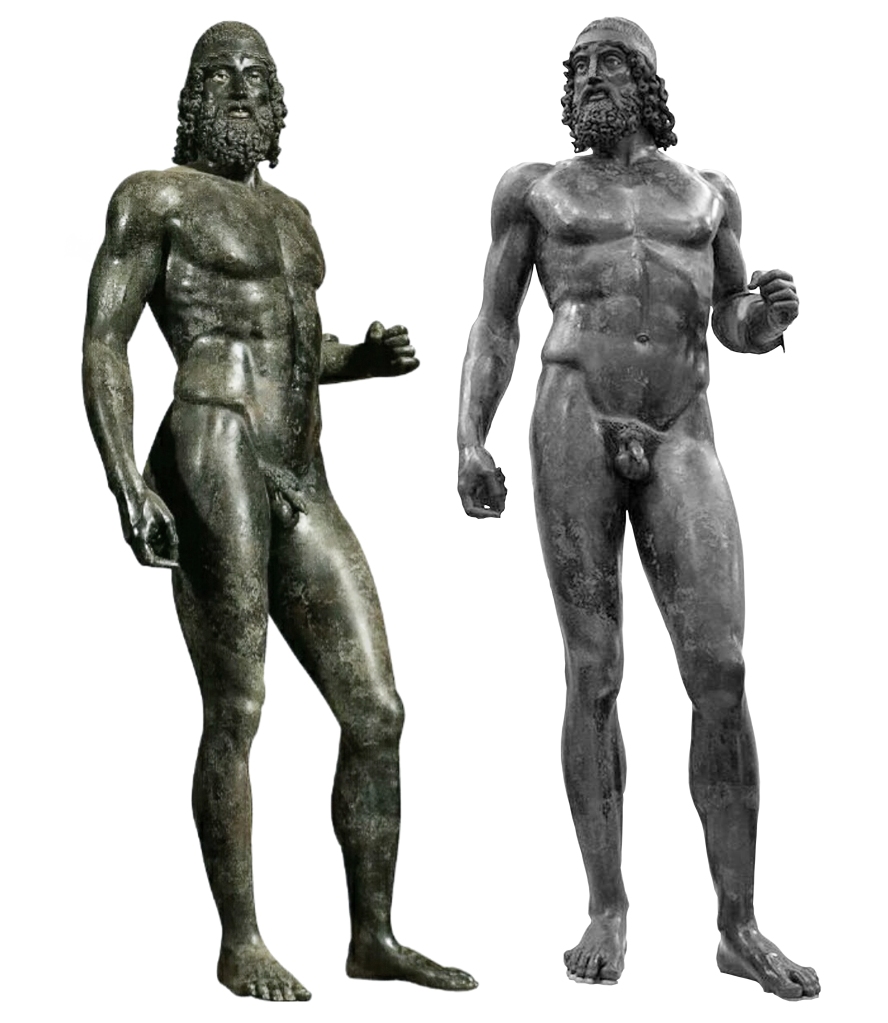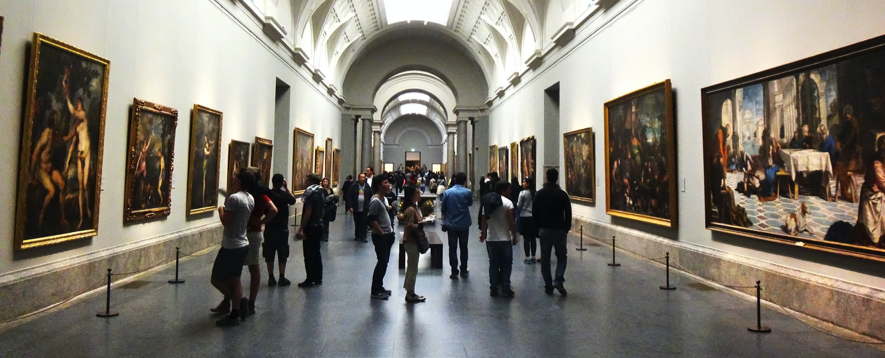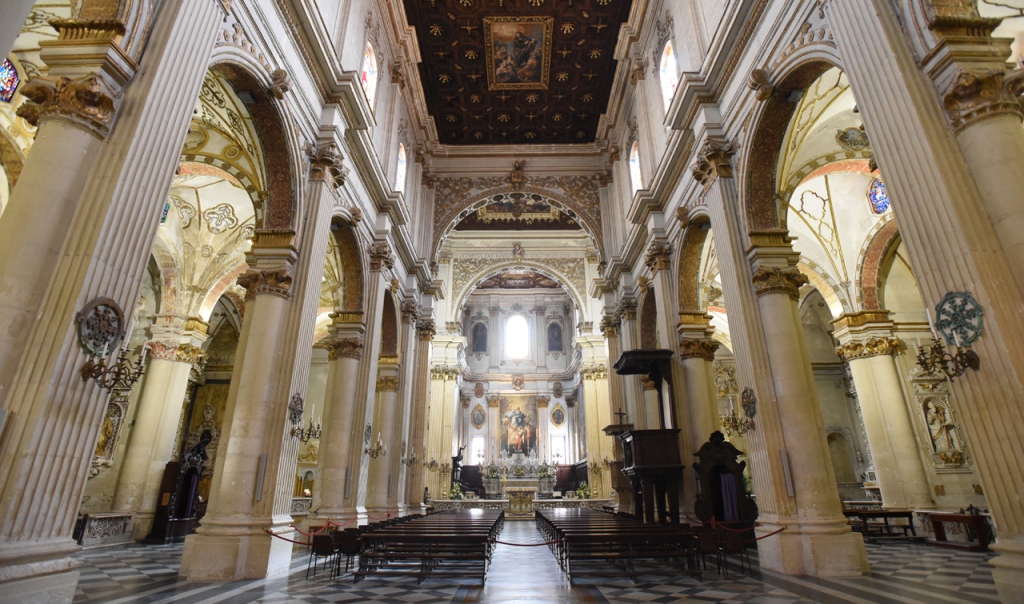By Chiara Dalle Nogare and
The recent narrative on museums as catalysts of innovation considers their relations with other cultural and creative industries to be very important. To verify this claim, we propose a conceptual framework qualifying these relations as either strong, moderate, or weak links, according to their potential in terms of knowledge spillovers from museums to the CCIs. We apply this classification to data collected from Polish museums. Our findings indicate that strong links are outnumbered by moderate and weak ones.
Continue reading “DO MUSEUMS FOSTER INNOVATION THROUGH ENGAGEMENT WITH THE CULTURAL AND CREATIVE INDUSTRIES?”





Recent Comments